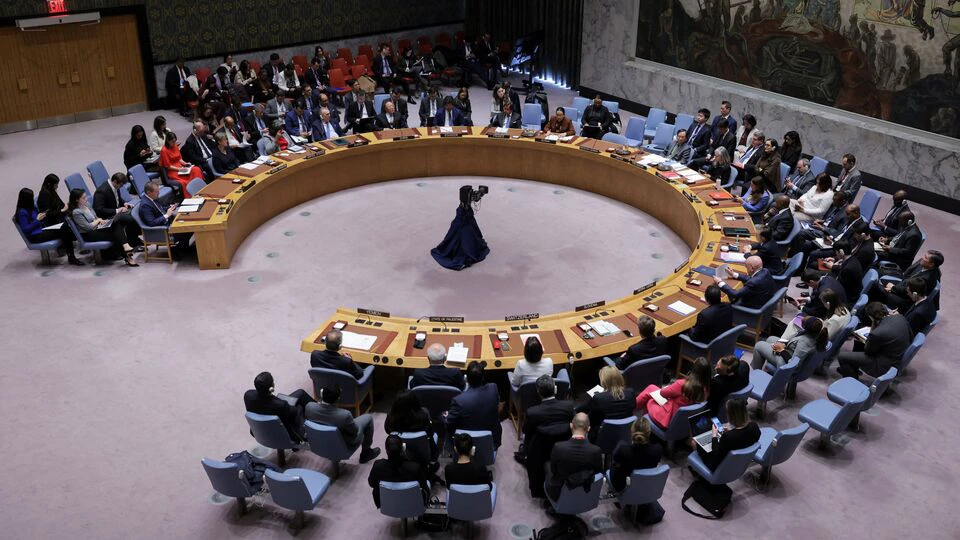India-Pak Tensions: The United Nations Security Council (UNSC) will on 5 May hold a ‘closed consultations’ meeting on the situation between India and Pakistan after Pakistan sought an emergency meeting on the issue in the aftermath of
Pakistan is currently a non-permanent member of the powerful 15-nation Security Council, which Greece is presiding over in May.
Islamabad “requested closed consultations” on the tensions between the two countries, and the Greek Presidency has scheduled the meeting for 5 May in the afternoon, news agency PTI said.
Apart from the five veto-wielding permanent members – China, France, Russia, UK and the US – the 10 non-permanent members in the Council are Algeria, Denmark, Greece, Guyana, Pakistan, Panama, South Korea, Sierra Leone, Slovenia and Somalia.
Amid rising tensions between the nuclear-armed South Asian neighbors following the April 22 Pahalgam terror attack, Permanent Representative of Greece to the United Nations and President of the Security Council for the month of May Ambassador Evangelos Sekeris had last week said that if a request comes for a meeting to discuss the situation between India and Pakistan, “then… I think this meeting should take place because, as we said, maybe it’s also an opportunity to have views expressed and this might help to diffuse a bit of tension.”
“We are in close contact…but this is something which might happen, I would say, sooner rather than later. We will see, we are preparing,” Sekeris had said.
In response to a question by PTI on India being a victim of cross-border terrorism emanating from Pakistan, which now sits in the Council as a non-permanent member, and need to commit terrorism, Sekeris said “It’s an issue which is very pertinent.”
“As I said before, as a position of principle, we strongly condemn any act of terrorism and this is what we did” on the “heinous terrorist attack” that took place in Pahalgam in which innocent civilians died, Sekeris said.
Sekeris noted that “we express our condolences to the government of India, Nepal and the families of victims. This is a position of principle. We condemn terrorism in all its forms, everywhere it is happening. On the other hand, we are concerned about this tension which is mounting in the region. Two very big countries. Of course, India is far bigger than Pakistan.
In the weeks following the Pahalgam terror attack in Jammu and Kashmir in which 26 civilians were killed, External Affairs Minister S Jaishankar spoke with all Council members, with the exception of China and Pakistan.
In his calls, Jaishankar underlined that “its perpetrators, backers and planners must be brought to justice.”
Jaishankar had a “good conversation” with Greek Foreign Minister George Gerapetritis and had “discussed the Pahalgam terrorist attack.”
India had welcomed Greece’s firm opposition to cross-border terrorism and “our Strategic Partnership reflects the depth of our ties,” Jaishankar had said.
